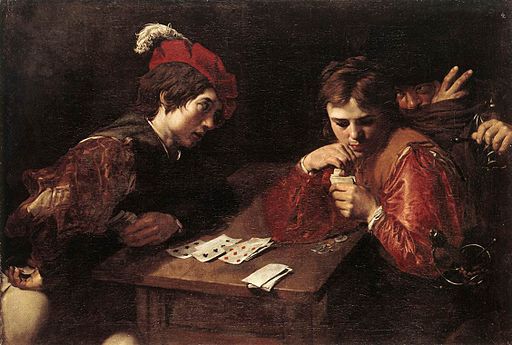Dear Terrence,
I understand you didn’t really like the sonnet assignment. That’s fine: not every assignment has to be to your personal liking or approval. Understand, though, that, because this is not a poetry writing class, I had no intention of grading it with the kind of severity that would result in a bunch of failing grades. It was the struggle of writing in iambic pentameter that I was after, as well as the experience of having to think about each and every word as you wrote. That’s probably not something you’ve ever done before, but you’ll write plenty of things in your life that you should consider word by word.

But, you didn’t like it. Perhaps you even thought you couldn’t do it. As a solution, you decided to bounce around the internet for a while until you found a sonnet that you thought you could pass off as your own, then you typed it up and attempted to do just that.
I wish you had spoken to me about this earlier: I could have given you some pointers to help you not get caught. But you are caught. Still, in the spirit of charity, I’ll share the pointers anyway.
- Be aware that I have taught English for a long time. I know how eighth graders sound, even the most gifted, when they’re writing. I know what kind of topics they choose. I know what kind of vocabulary they’re likely to use. So at least choose a sonnet that sounds like a kid wrote it, not a hormonally challenged adult. With that much experience, I have a pretty strong intuition about what is and isn’t from the pen of an eighth grader.
- Understand that I know your personal writing voice. It’s not just that I know how eighth graders write; I know how specific eighth graders — including you — write. I know what kind of ideas you’re likely to write about and which ideas might never cross your mind. I’ve given you standardized testing that provides me with ample information about what kinds of words you’re likely to understand and to use in your own writing.
- I expect it. I know someone will do this, and I read every paper with the thought that, no matter who the author, there’s a latent (don’t pawn off work with that word in it: I know you don’t know what it means) chance of someone trying to pull one over on me.
- I’ve caught them all. Every single one. Remember the Terminator? That’s me. Only without the bulging muscles. Or the Austrian accent.
- Make sure you know all the words in your plagiarized work. It’s awfully telling when a teacher uses a word (intentionally, of course) that you’ve used in your work only to receive blank looks from the one person who used the word (a word like, say, “latent”) in “her” work. (I put her in quotes because, well, you understand.)
- Choose a sonnet that’s about a topic that the average eighth grader would be interested in. I know you personally, so it’s not just a matter of an abstract idea: I know what type of thing you’re likely to write about. Burning passion is not one of them. No eighth grader would write about that topic, especially you.
- Finally, I know I’ve said this before, but it bears repeating: make sure it sounds like an eighth grader. Eighth graders to speak of anyone’s “wanton fiery beauty.” Eighth graders don’t write poems with final lines beginning “pleasure me.”
With these ideas in mind, I’m sure you’ll be more successful in your next efforts to act as a thief and pass off someone else’s work as your own.
Regards,
Your Disappointed but Not Surprised Teacher
0 Comments